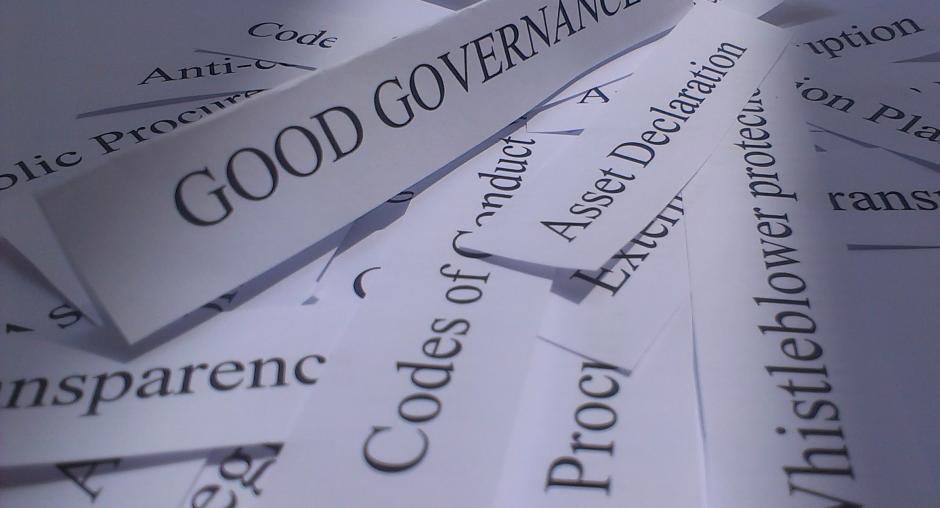Effective measures to prevent corruption in OSCE region, including Central Asia, discussed at OSCE events in Latvia

Over the past years, the awareness among political leaders, policy-makers and society at large of the damaging impact of corruption on social cohesion, economic growth, political stability, and security has increased. While many OSCE countries have introduced legal, institutional and policy measures to prevent corruption, the practical implementation and enforcement of these measures still remain a challenge.
To address the implementation gap and provide a platform for exchange of tried and tested initiatives and models in OSCE countries, the Office of the Co-ordinator of OSCE Economic and Environmental Activities together with the OECD (Anti-Corruption Network for Eastern Europe and Central Asia) and UNDP held an expert seminar “Prevention of Corruption: Effective Measures and their Practical Implementation. Institutional and Sectoral Approaches” in Jurmala, Latvia from 26 to 27 June 2013.
The seminar participants exchanged experiences and lessons learnt in implementing corruption prevention measures in the public sector, such as anti-corruption strategies, integrity plans, dedicated institutions, codes of conduct, as well as systems to regulate conflict of interest and declare income and assets. A special focus was put on preventing corruption in such fields as the health care, education and energy sectors.
The seminar participants agreed on a number of possible follow-up actions. They include undertaking corruption risk assessments at sectoral and institutional level, developing effective monitoring and control mechanisms; introducing measures to raise transparency of public resources management, including in budgeting, contracting, e-procurement, online publishing of the data on government investments and expenditures, as well as ensuring easy access to information by the public.
The seminar was hosted by the Corruption Prevention and Combating Bureau of Latvia and brought together 45 national experts from anti-corruption bodies, ministries of economy, finance, justice, education and health, and public procurement and prosecutor authorities from Central Asia, South Caucasus, Eastern and South-Eastern Europe and European Union countries.
Developing and implementing income and asset declaration systems and conflict of interest legislation as tools for preventing corruption in Central Asia was the topic of a separate workshop held on 28 June 2013 for representatives of all the Central Asian countries. This event built on an earlier OSCE-supported event on the same theme held in Bishkek in 2012.
The events are part of the assistance provided by the OSCE to its participating States in facilitating the implementation of commitments made in the Dublin Ministerial Declaration 2012 on Promoting Good Governance and Combating Corruption, Money Laundering and the Financing of Terrorism.
